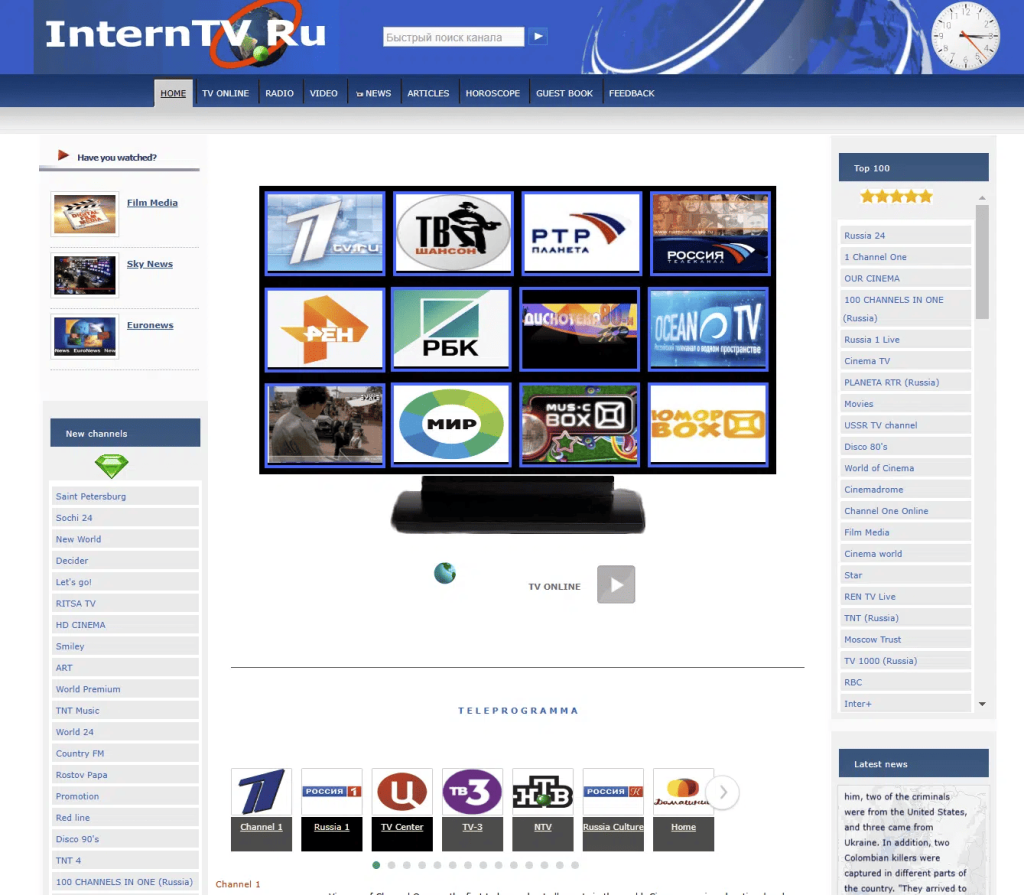
EU Sanctions Prompt Google to Deindex Over 200 Websites Hosting Russian State-Controlled Content
- Lithuania’s Radio and Television Commission decided to block websites offering access to Russian TV channels targeted by EU propaganda sanctions.
- Among the blocked websites are proxy domains for Russia Today and Sputnik, with subdomains targeting EU member states Czech Republic, France, Italy, and Romania.
- However, some platforms hosting legitimate and sanctioned content have suffered the same fate.
Google enforced European Union (EU) sanctions by deindexing over 200 websites that provide access to Russian state-controlled media and other content. This includes specific broadcasters and several portals offering pirated movies, TV shows, and unlicensed live TV streams.
The sanctions followed subsequent EU efforts to curb the dissemination of propaganda linked to the Kremlin, which arose in response to Russia's intense disinformation campaigns.
Bans on Russian broadcasters such as Russia Today (RT), Sputnik, and RIA Novosti aimed to address their roles as vehicles for state-sponsored propaganda. The sanctions prohibit the transmission of these broadcasters’ content within member states via cable, satellite, websites, or IPTV, aiming to limit their reach and influence.
On December 18, 2024, Lithuania’s Radio and Television Commission (LRTK) stepped up enforcement, deciding to block websites offering access to Russian TV channels targeted by EU sanctions. The LRTK then requested Google to deindex over 620 websites from its platform, which announced that it had officially deindexed 201 of the requested domains on January 3.
Among the blocked websites are proxy domains for Russia Today and Sputnik, with subdomains targeting EU member states such as "cz" (Czech Republic), "fr" (France), "it" (Italy), and "ro" (Romania). These domains facilitated the continued distribution of Russian propaganda, bypassing initial sanctions.
However, many deindexed websites go beyond sanctioned broadcasters, including portals offering pirated content and unlicensed live TV streams. Examples like ottplayer.tv, a platform described as an IPTV playlist aggregator, raise questions regarding the scope of these measures.
Similarly, the live TV portal InternTV stands out for hosting international channels like BBC, CNN, ITV, and Bloomberg alongside Russian and Ukrainian content. By offering a diverse catalog, its inclusion highlights the enforcement ambiguity when platforms host legitimate and sanctioned content.
Amid widespread deindexing, social media platforms remain accessible and continue to serve as a conduit for content from Russian state-controlled actors. These platforms, however, are increasingly scrutinized for their roles in disseminating disinformation across broader, often English-speaking, audiences.









